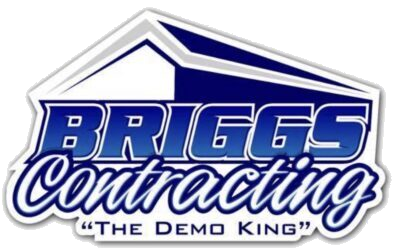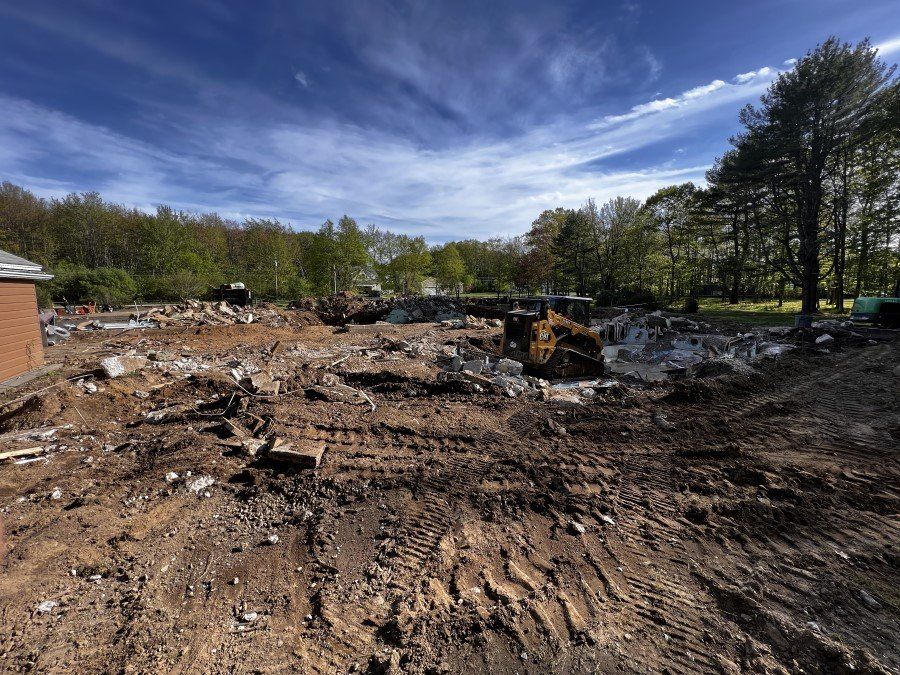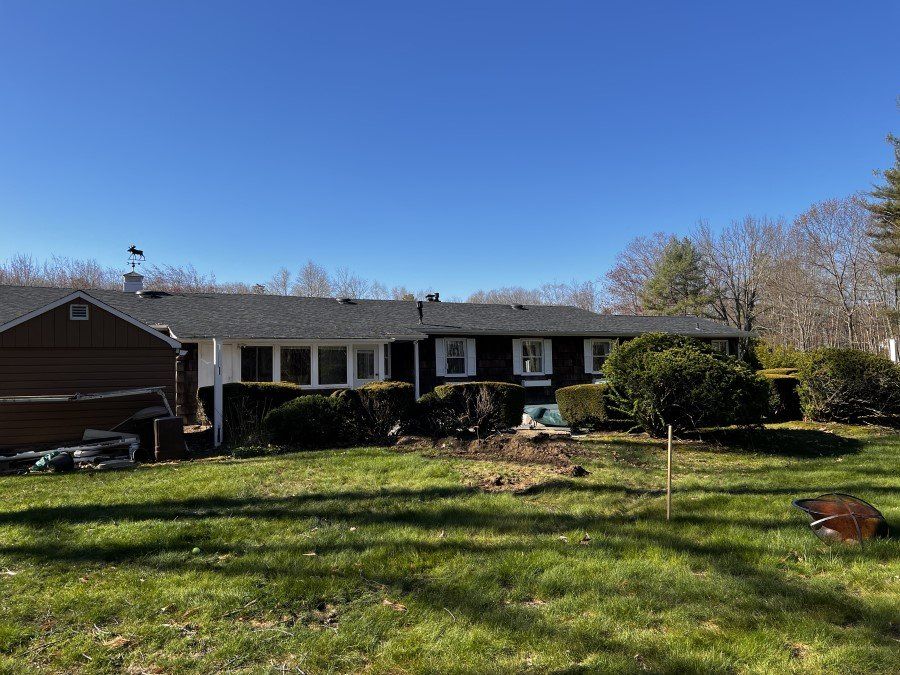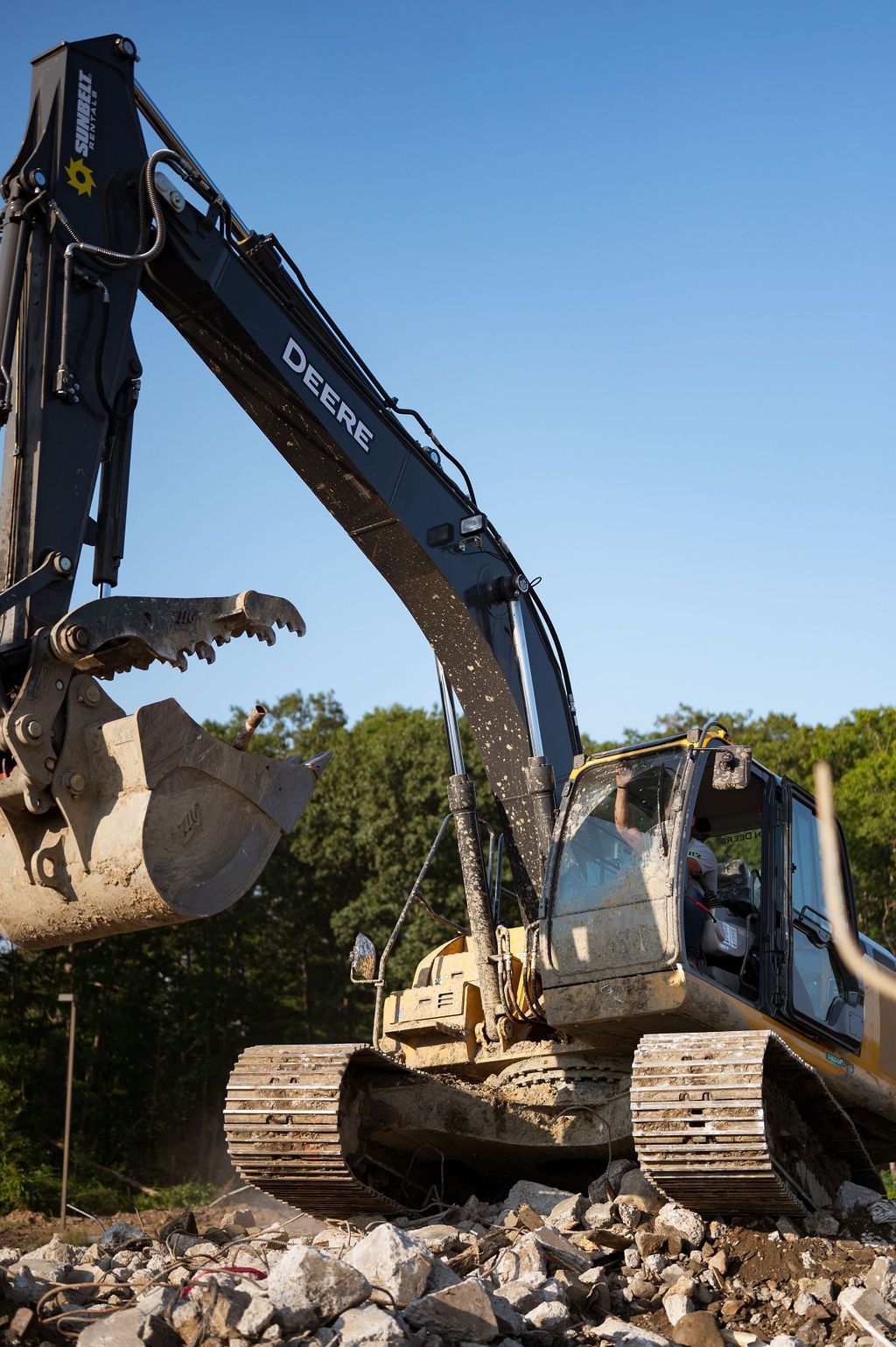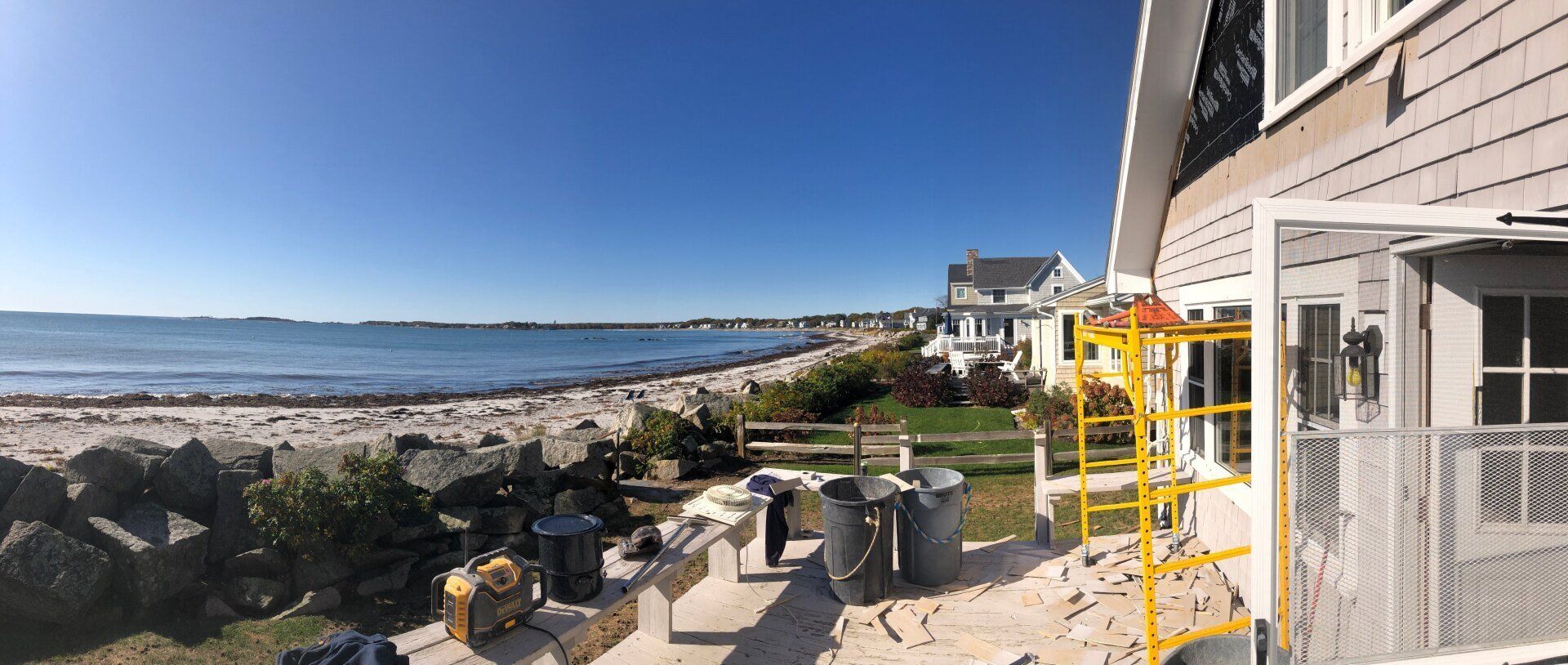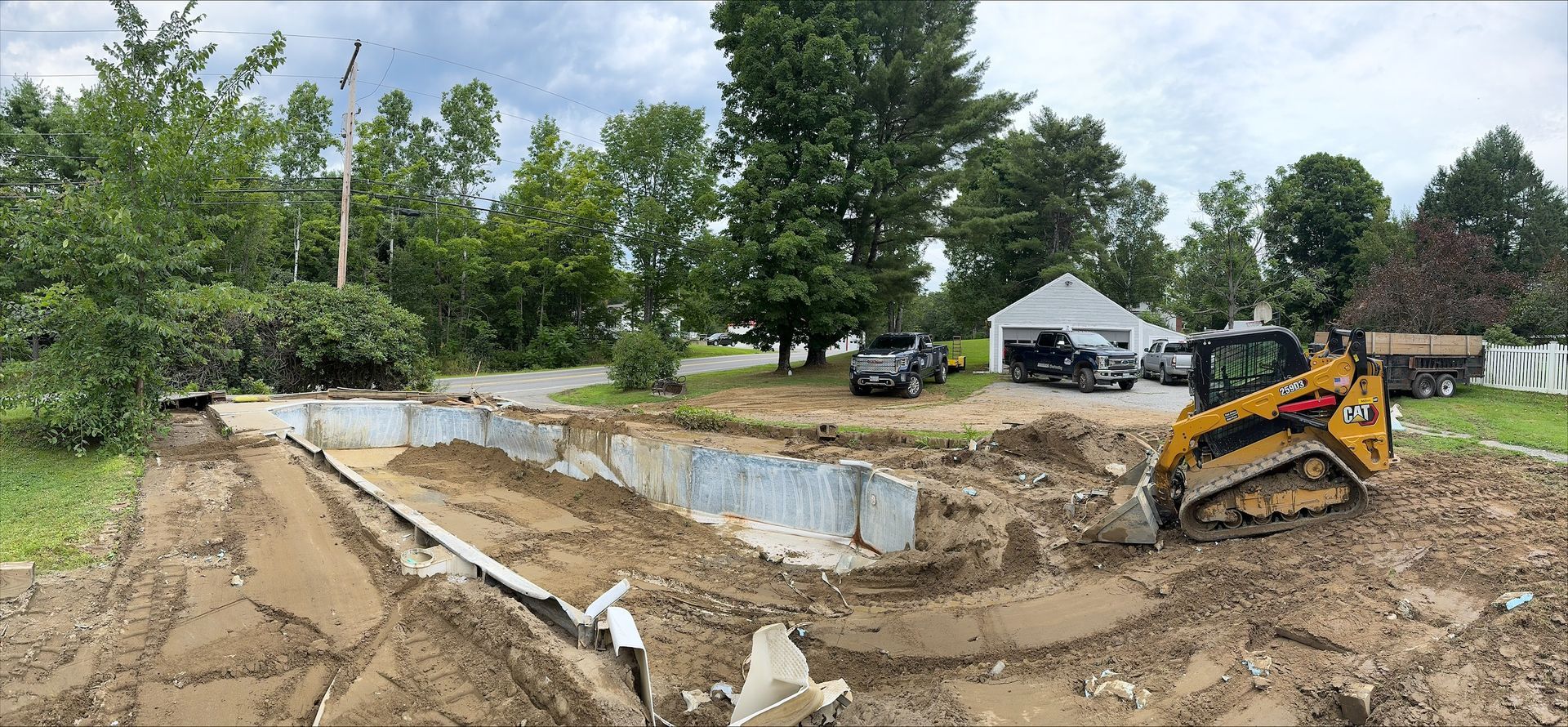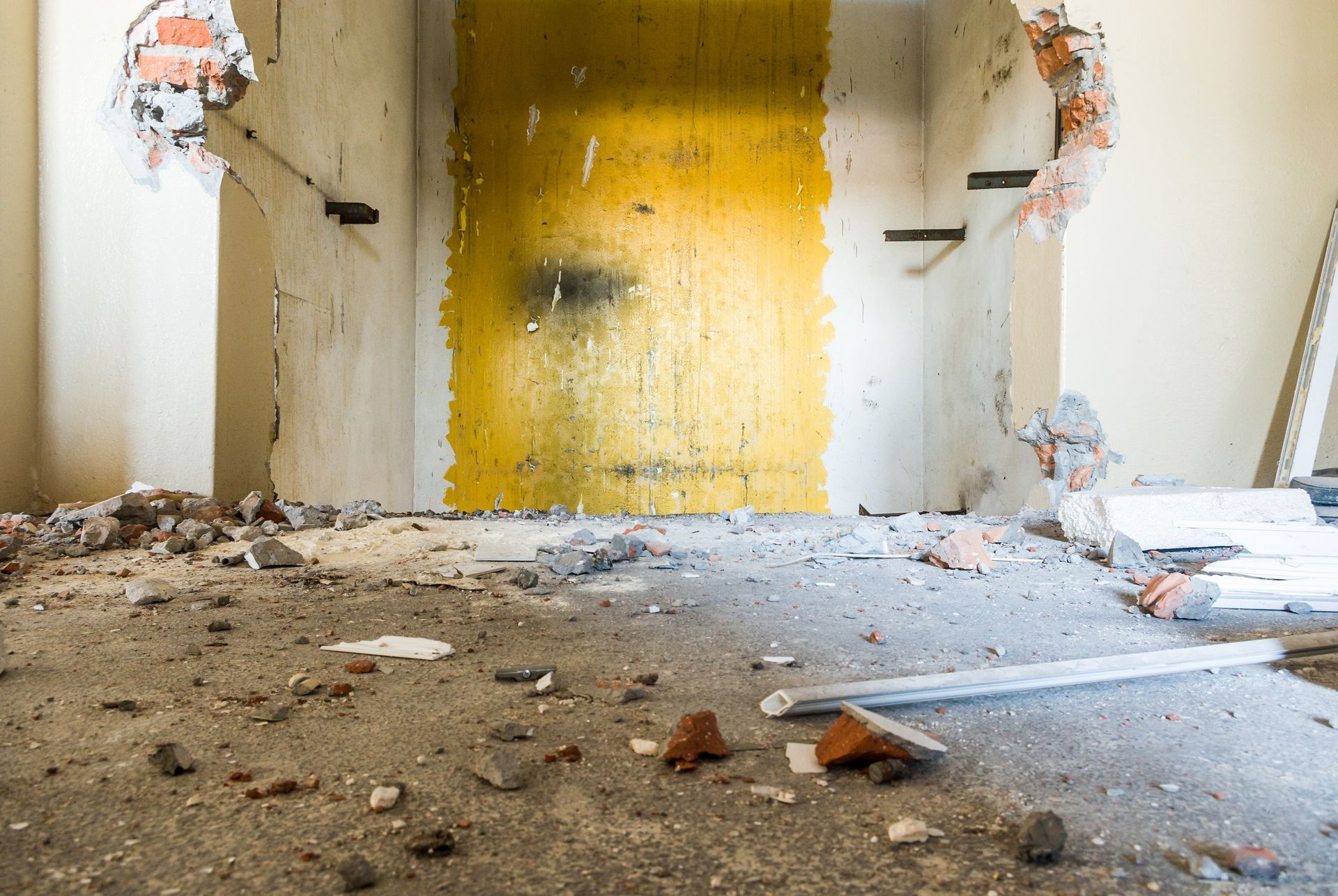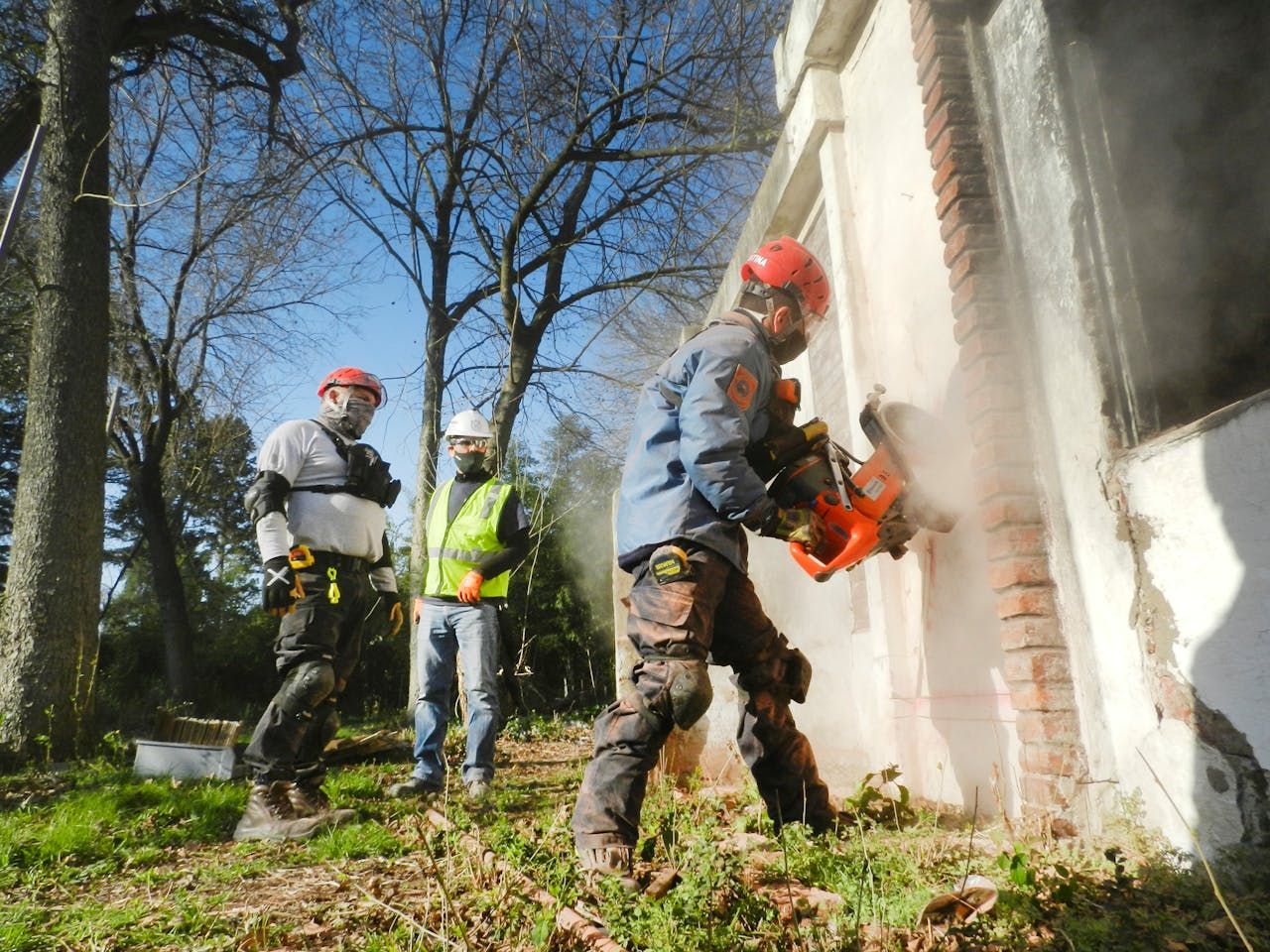The Economic Benefits of Demolishing vs. Renovating Aging Buildings
Discover how making the right choice between demolition and renovation can lead to significant economic gains and transform a property's future.
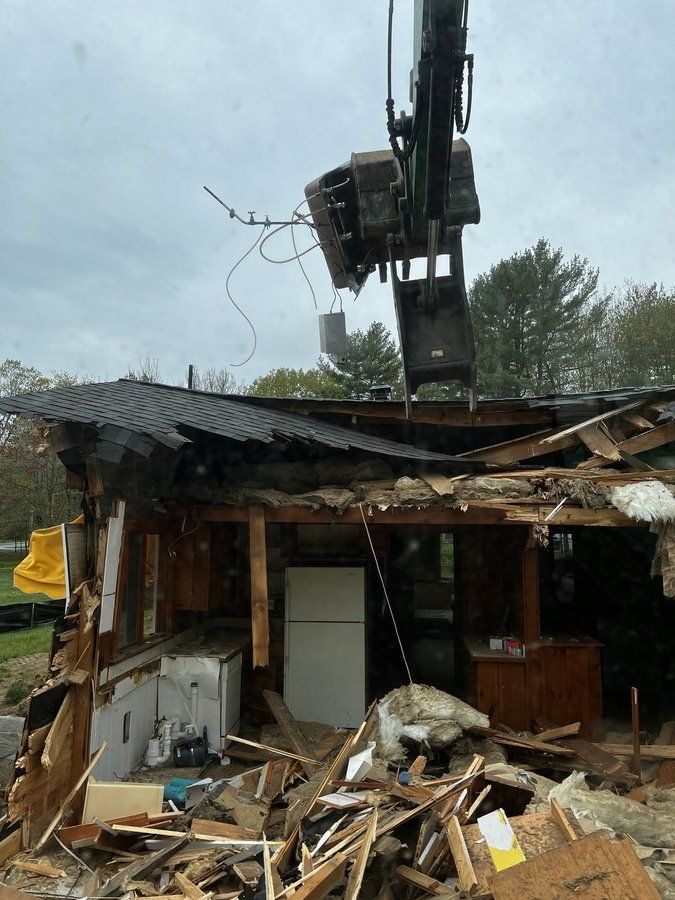
Property owners often struggle with the decision to renovate or demolish an old building. Both options come with their own set of advantages, but focusing on the economic benefits can help clarify the best choice.
Read on to discover how making the right choice between demolition and renovation can lead to significant economic gains and transform a property's future.
Cost Efficiency
While renovating an aging building might seem cost-effective at first, it often leads to unexpected expenses. Hidden structural issues and outdated systems frequently drive up renovation costs, turning what seemed like a bargain into a financial burden. On the other hand, opting for demolition and new construction allows property owners to control costs more effectively, avoiding the unpredictability of renovating outdated structures.
Market Appeal and Future-Proofing
New construction often offers a significant edge in market appeal compared to renovated buildings. Modern designs, state-of-the-art materials, and up-to-date features attract higher rent or resale values, appealing to contemporary buyers or tenants.
Unlike renovated buildings, which may still show signs of age, new constructions are built to meet current market demands and preferences. This forward-thinking approach not only enhances immediate value but also positions the property to remain desirable and relevant in the future.
Maintenance and Operating Costs
Even after extensive renovations, older buildings can still saddle owners with high maintenance and operating costs. Aging systems—such as plumbing, electrical wiring, and HVAC—are prone to frequent issues and costly repairs. By choosing demolition and rebuilding, property owners can eliminate these ongoing expenses by integrating the latest technology and energy-efficient systems, reducing long-term maintenance headaches and operational costs.
Energy Efficiency
Modern construction techniques and materials offer unmatched energy efficiency. Features like energy-efficient windows, advanced insulation, and state-of-the-art HVAC systems significantly reduce utility bills.
The renovation of an old building requires substantial resources and can be very costly, whereas a new building incorporates energy-saving technologies from the start, which can lead to substantial savings.
Regulatory and Compliance Issues
Renovating old buildings often involves navigating complex regulatory and compliance issues. Older structures may not meet current codes, requiring expensive upgrades to bring them up to standard. Demolishing and rebuilding allows property owners to start with a blank slate, ensuring that the new structure complies with all current regulations and codes. This can simplify the process and reduce the risk of costly compliance-related issues.
Site Utilization
Demolition offers unparalleled flexibility in site utilization. With a clean slate, property owners can design and develop a site that meets current market demands and incorporates modern amenities that attract tenants or buyers. Renovations, constrained by the original building's footprint and layout, rarely offer such freedom, limiting the potential for maximizing a property’s value and functionality.
Environmental Considerations
Although demolition involves waste management, modern practices now emphasize recycling and repurposing materials, contributing to sustainability efforts. New construction allows for environmentally conscious design from the ground up, incorporating green building practices that reduce the overall environmental impact.
Renovations often lack the capacity to achieve such comprehensive environmental benefits, making demolition a more sustainable option in many cases.
If you are a property owner considering your options and focusing on these economic benefits, we at Briggs Contracting can help you make a more informed decision. Contact us at (207)-939-7807 for a consultation tailored to your needs.
